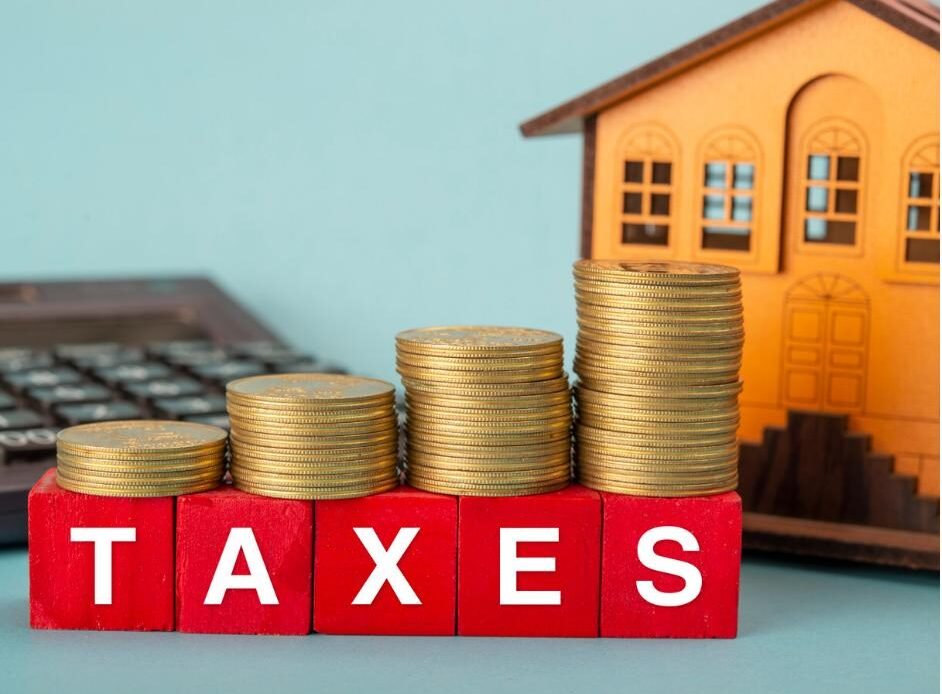Federal Board of Revenue (FBR) issued Circular No. 3 of 2022 Dated: July 5th, 2021 regarding recovery of tax and methods of taxation of Cooperative Housing Societies Registered under Cooperative Housing Societies Act, 1925.
Federal Board of Revenue (FBR) on Monday issued a Income Tax Circular regarding taxation procedure for the transactions made by cooperative housing societies and directed the tax offices to make compliance over recovery of the past years taxes against the sales and purchases made by them.
“All Formations are expected to look into and finalize CHS [cooperative housing societies] cases for all pending and reopened tax years in the light of this circular so that decent revenues could be ensured for the state, and rent-seeking and compliance costs could be cut for [the] taxpayers, in the process sparing their management to single mindedly focus [on the] resolution of housing problems for the people,” the Federal Board of Revenue said.
Historical Issues of Cooperative Societies Taxation
It said the taxation of cooperative housing societies registered under the Cooperative Societies Act, 1925, has historically faced challenges – majorly on three counts.
One, the real estate development projects, per se, take a lot longer time to complete than normal projects; thereby, creating difficulties in the recognition of revenues and expenses.
Two, most of the cooperative housing societies have been claiming tax exemption under “Doctrine of Mutuality”, implying none could earn income or profit by transacting with himself.
Three, the diverse treatment meted out to the cooperative housing societies across the tax offices has led to conflicting case laws, further complicating the scenario.
Formula for Taxation of cooperative societies
The revenue board said it was imperative to evolve a uniform formula for taxing the cooperative housing societies. The revenue body also said under section 23 of the Cooperative Housing Societies Act, 1925 (as may be adapted by provinces), a cooperative housing society upon registration becomes “a body corporate by the name under which it is registered, with perpetual succession and a common seal, and with [the] power to hold property, to enter into contracts, to institute, and defend suits and other legal proceedings.”
Cooperative society is a company
The Section 80 (2) (e) of the Income Tax Ordinance, 2001 (ITO 2001), likewise, classifies a cooperative housing society as a company for taxation purposes. Thus, no doubt or dispute there that a cooperative housing society to treat as a company for action under the ITO 2001.
In this connection, the circular No 02 of 1975 was issued. Prescribing computation of the real estate sector projects on provisional basis of actual receipts and accounts. Upon completion; however, the total profits of the projects were to be recomputed and reassessed in the relevant years. This method was validated in the Creek Marina case. Reported as ITA No 205/KB/2009 ATIR at 15 per cent gross profit rate.
Likewise, the section 36 of the ITO 2001 prescribes percentage of completion method vis-à-vis long-term contracts; whereby, the income chargeable to tax during the year to work out on the basis of costs incurred.
Alternative Methods of Taxation of Cooperative Housing Societies
A cooperative housing society may avail of one of the two following methods for amicable settlement of its case:
Hybrid GP-NP Rate Method
Under the hybrid method, a GP rate of 15 percent will apply on the total trading account receipts (or advances). Booked against sale of plots during the year or at a future date. Implying that 85 per cent of the trading account expenses stand allowed. Most times, this item would have to be taken from the balance-sheet as it is directly posted there.)
The resultant GP amount will then transferred to P&L account. Then Added to P&L account receipt heads by allowing P&L expenses. Subject to the condition that P&L expenses would not exceed the P&L incomes and receipts.
Fixed Tax Rate Method
In 2020, the government of Pakistan launched Naya Pakistan Housing Scheme. The scheme carried fixed (lower) tax rates for taxation u/s 100D of the ITO 2001. As an incentive so that more and more people could benefit from it.

Taxation | Taxation Methods | Housing Societies | Cooperative Housing Societies | Tax Recovery | FBR | Federal Board of Revenue | Naya Pakistan Housing Scheme |




